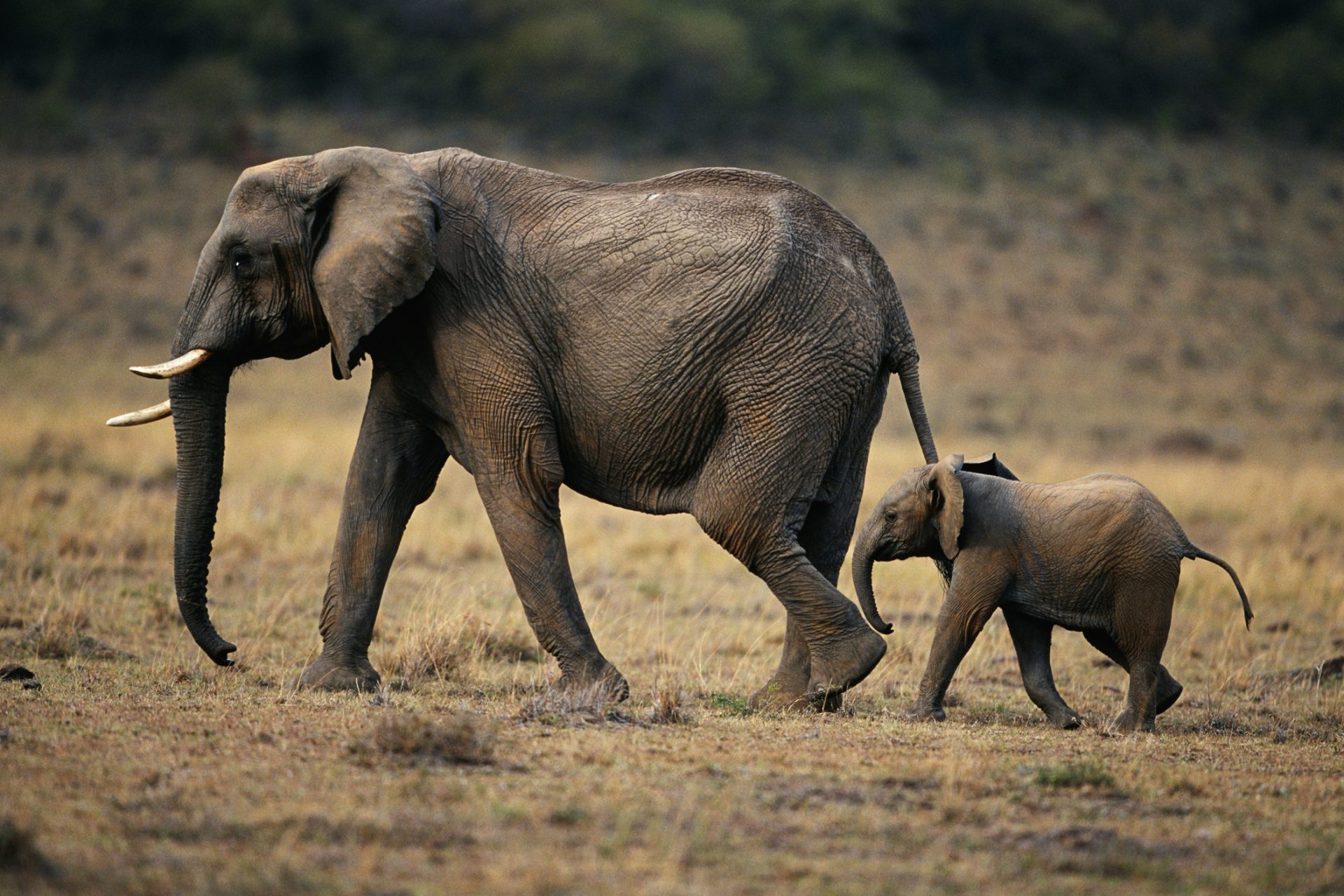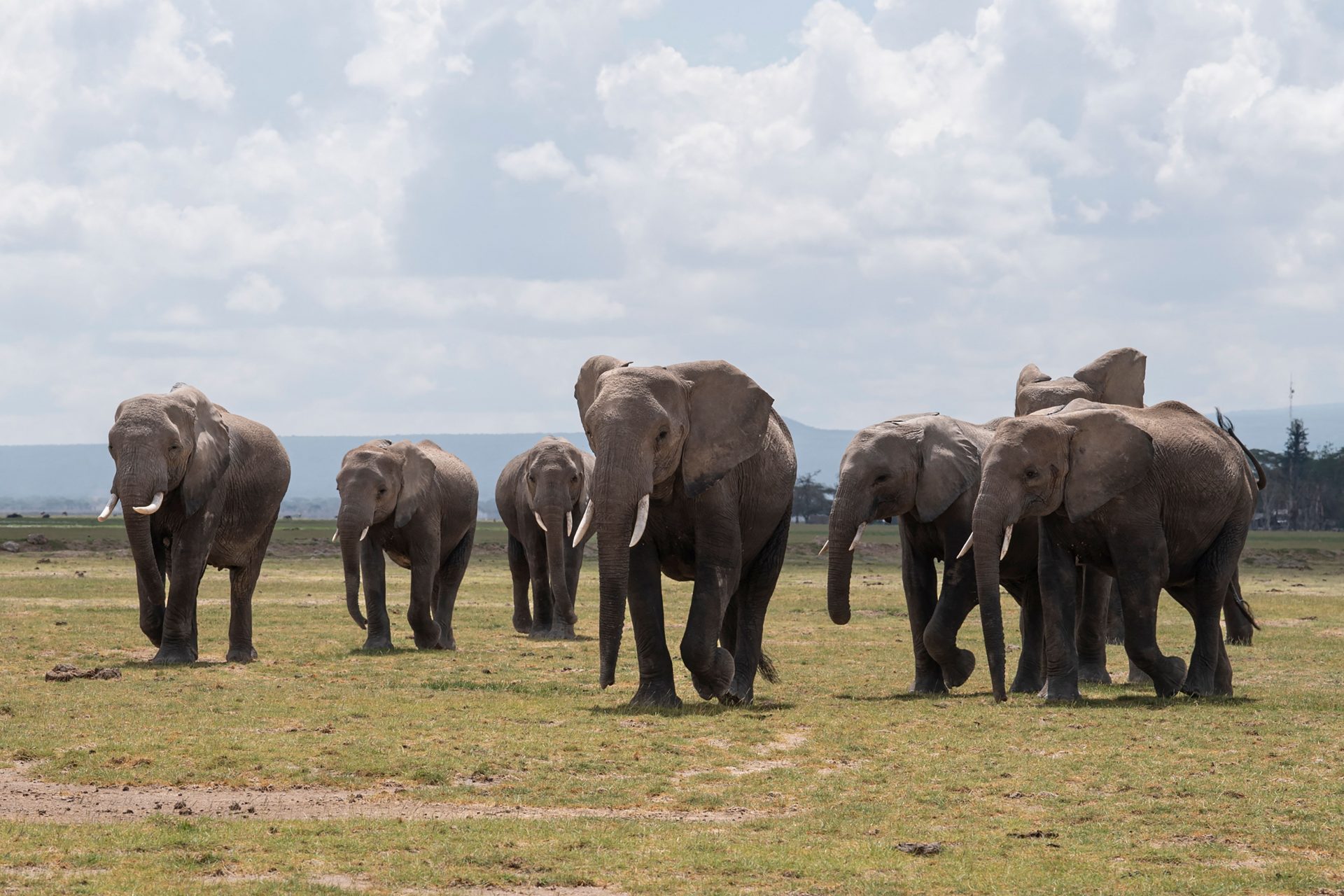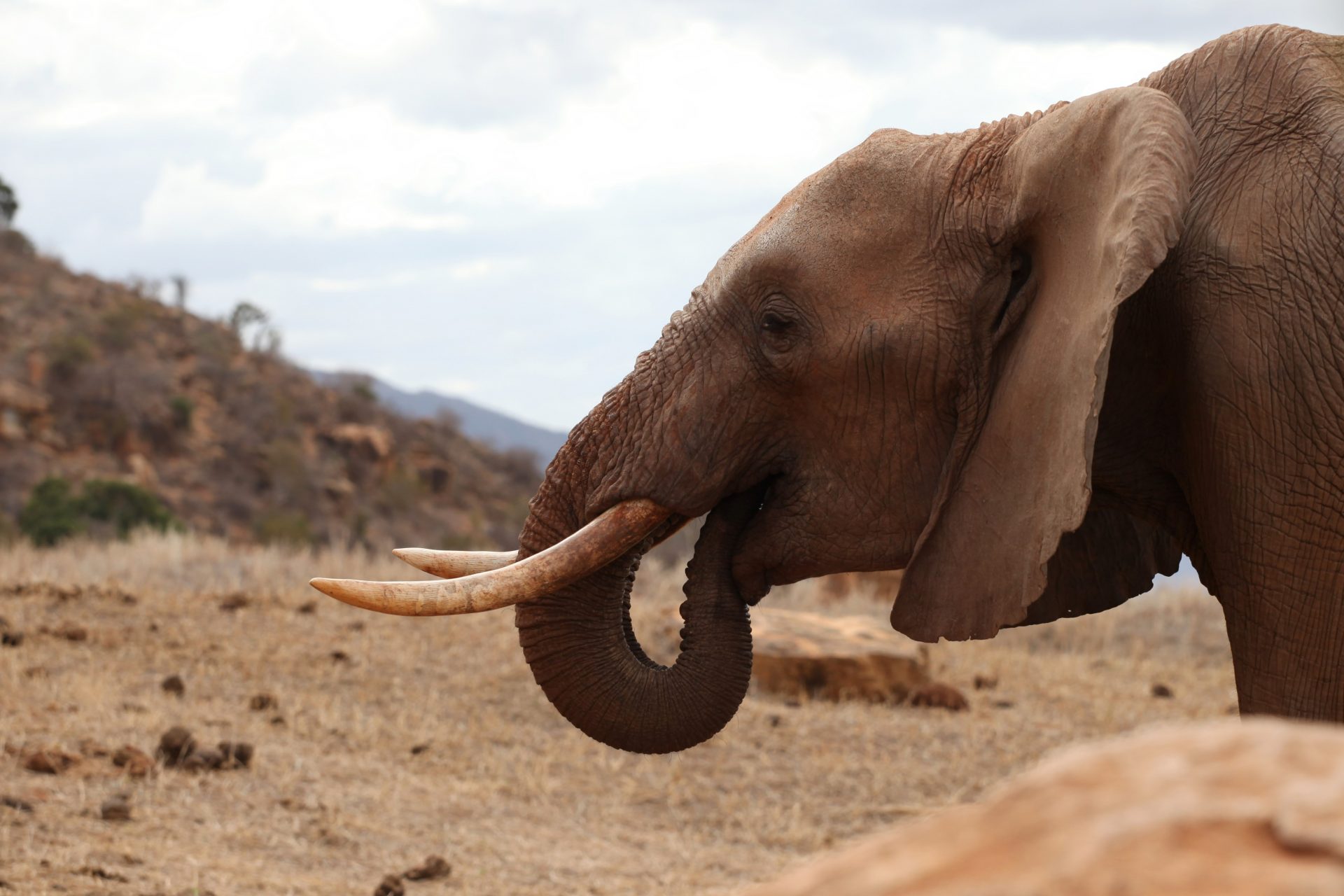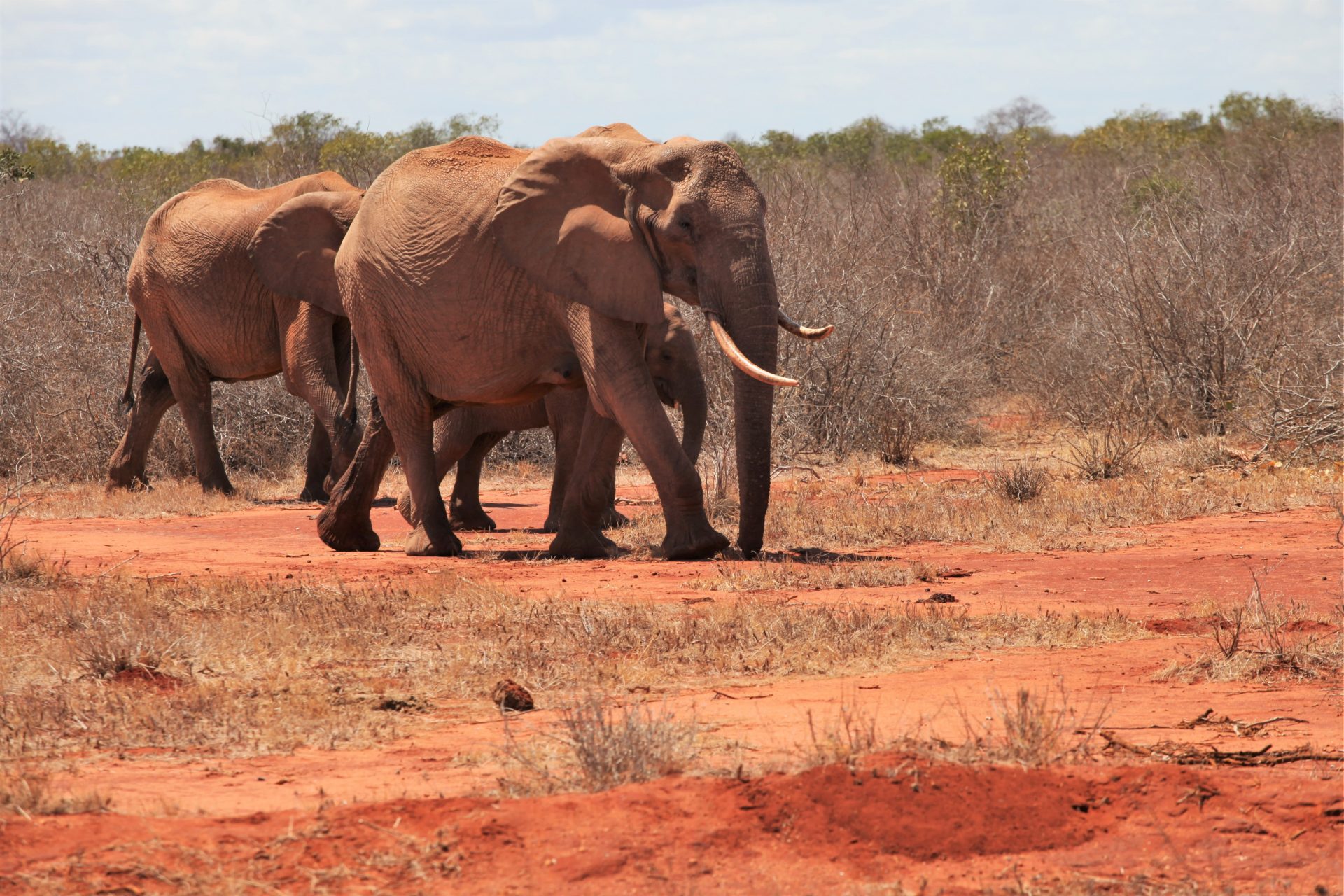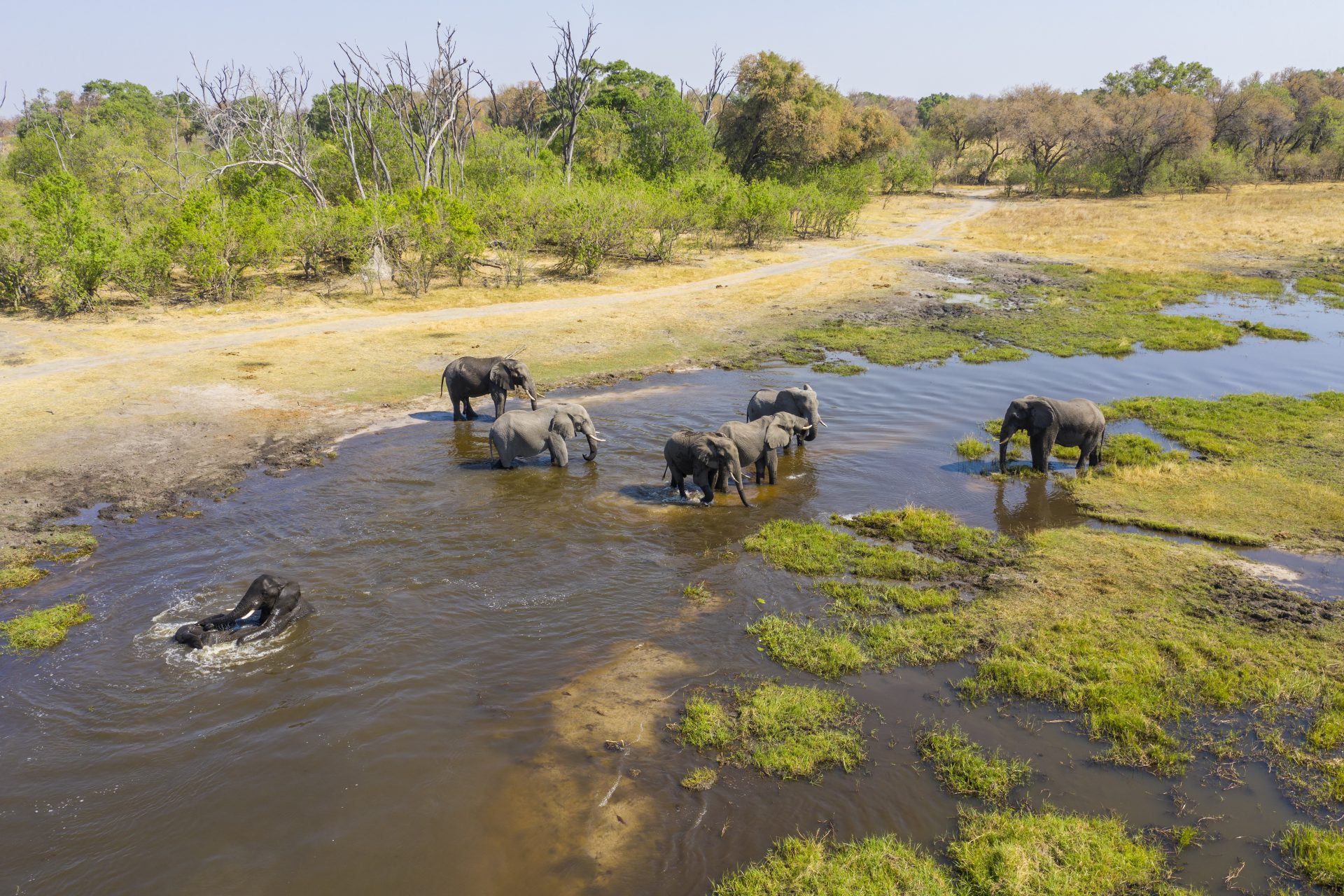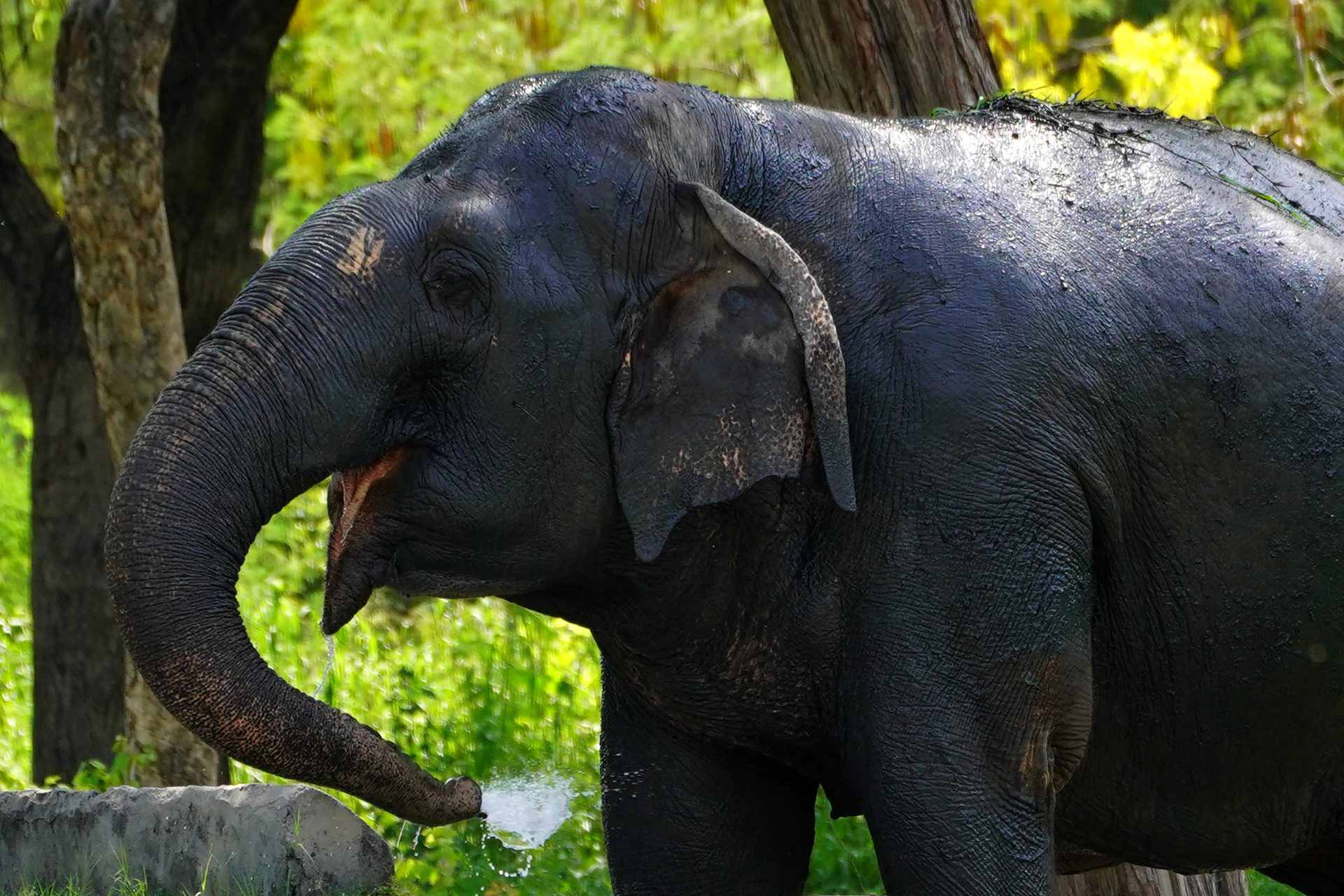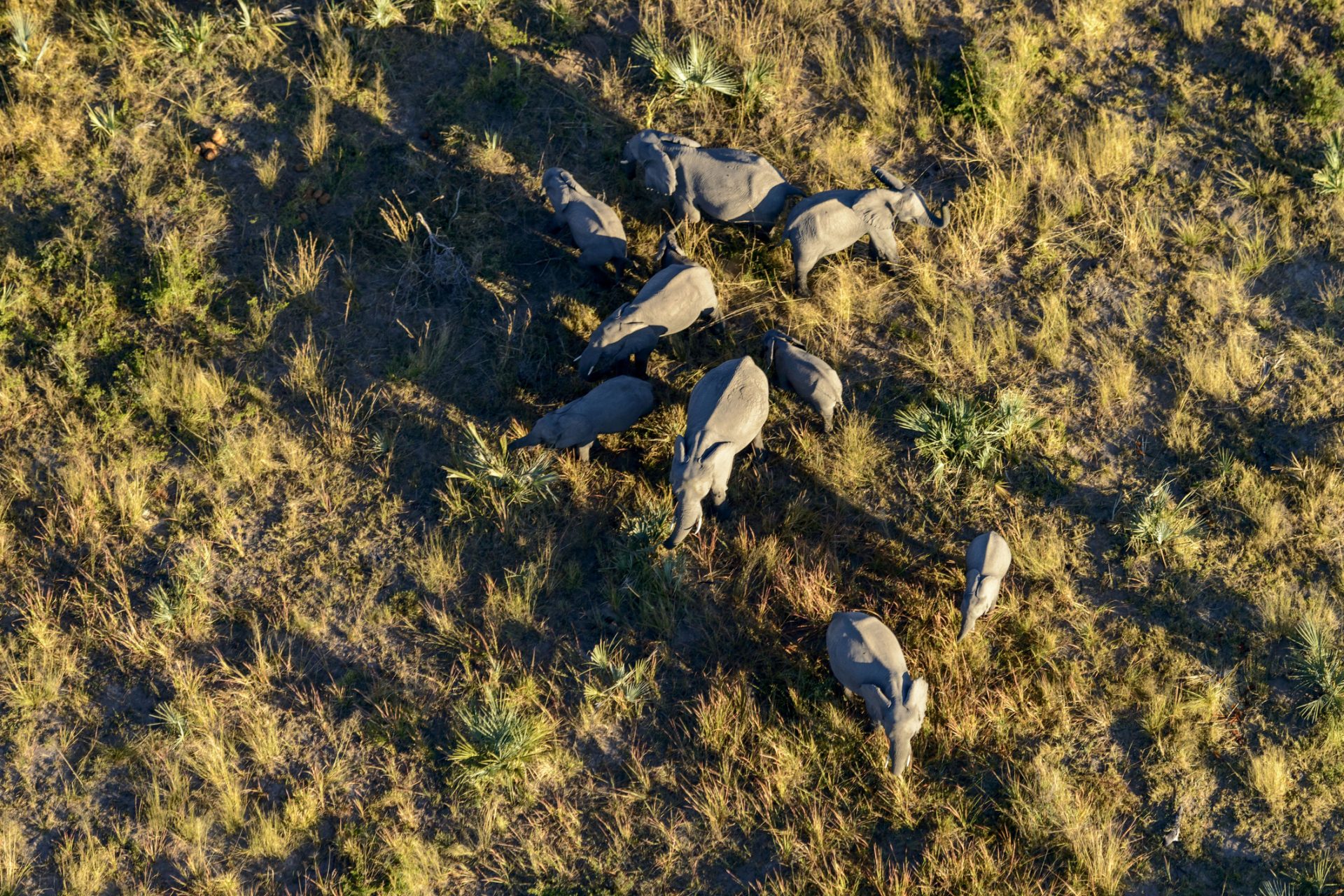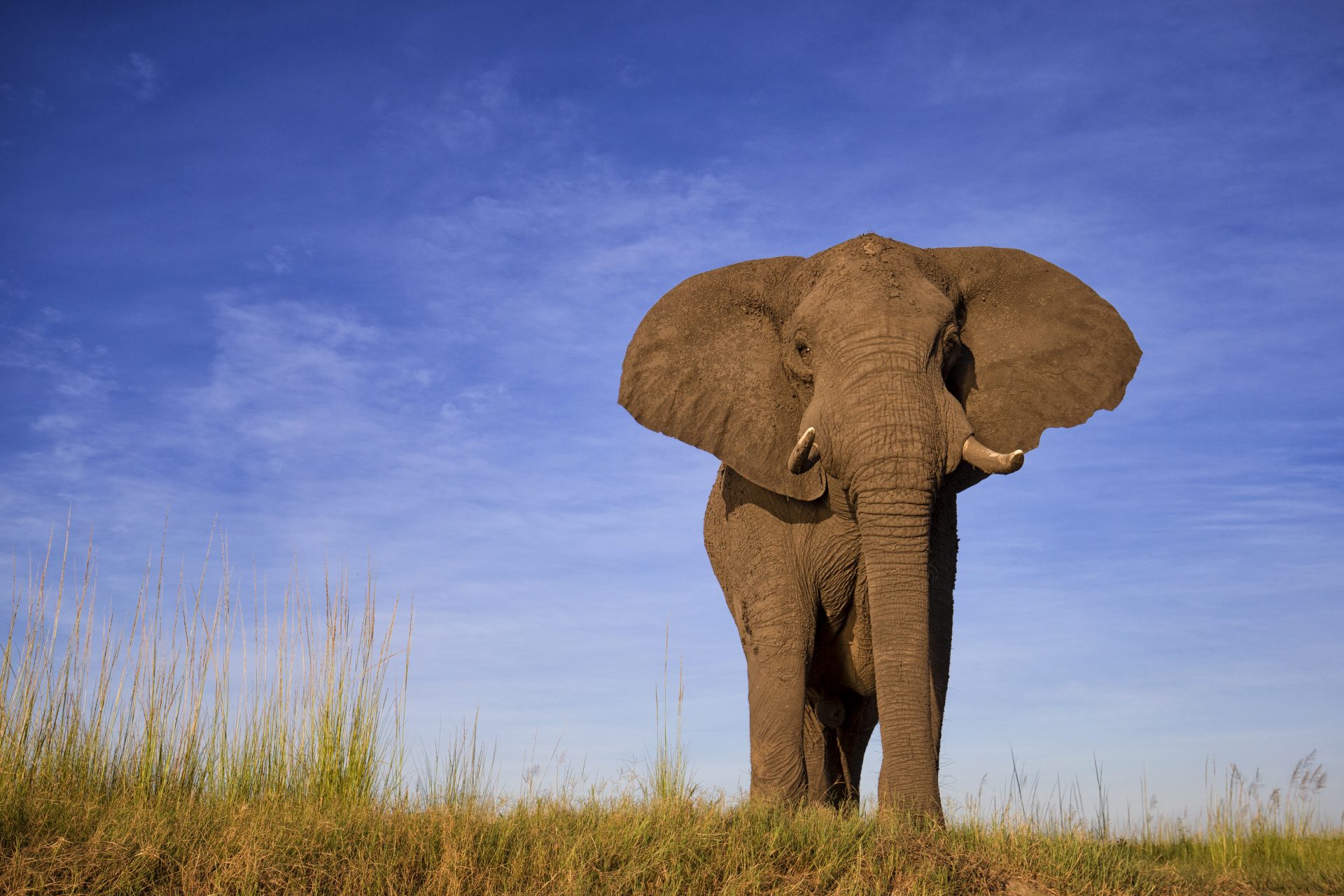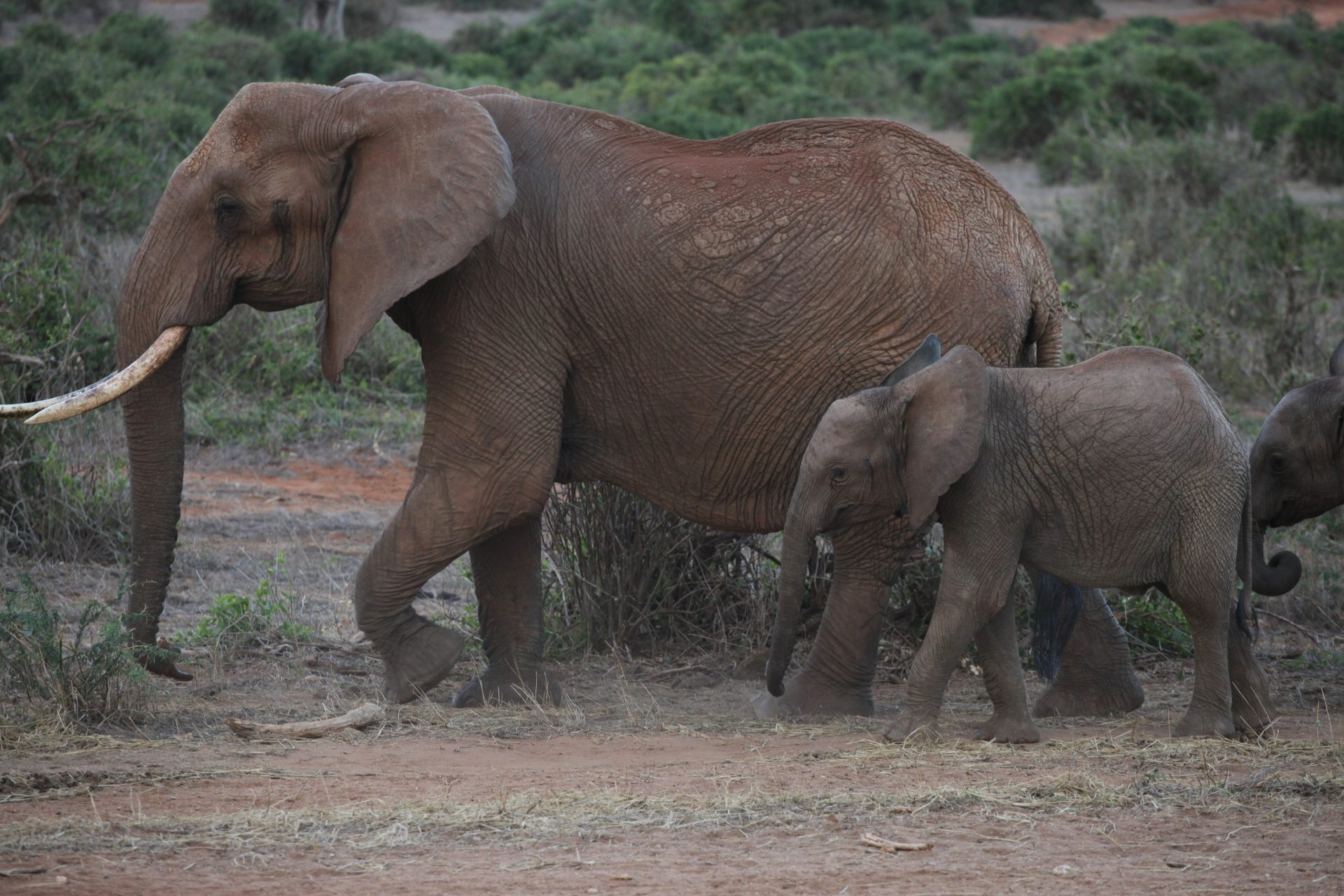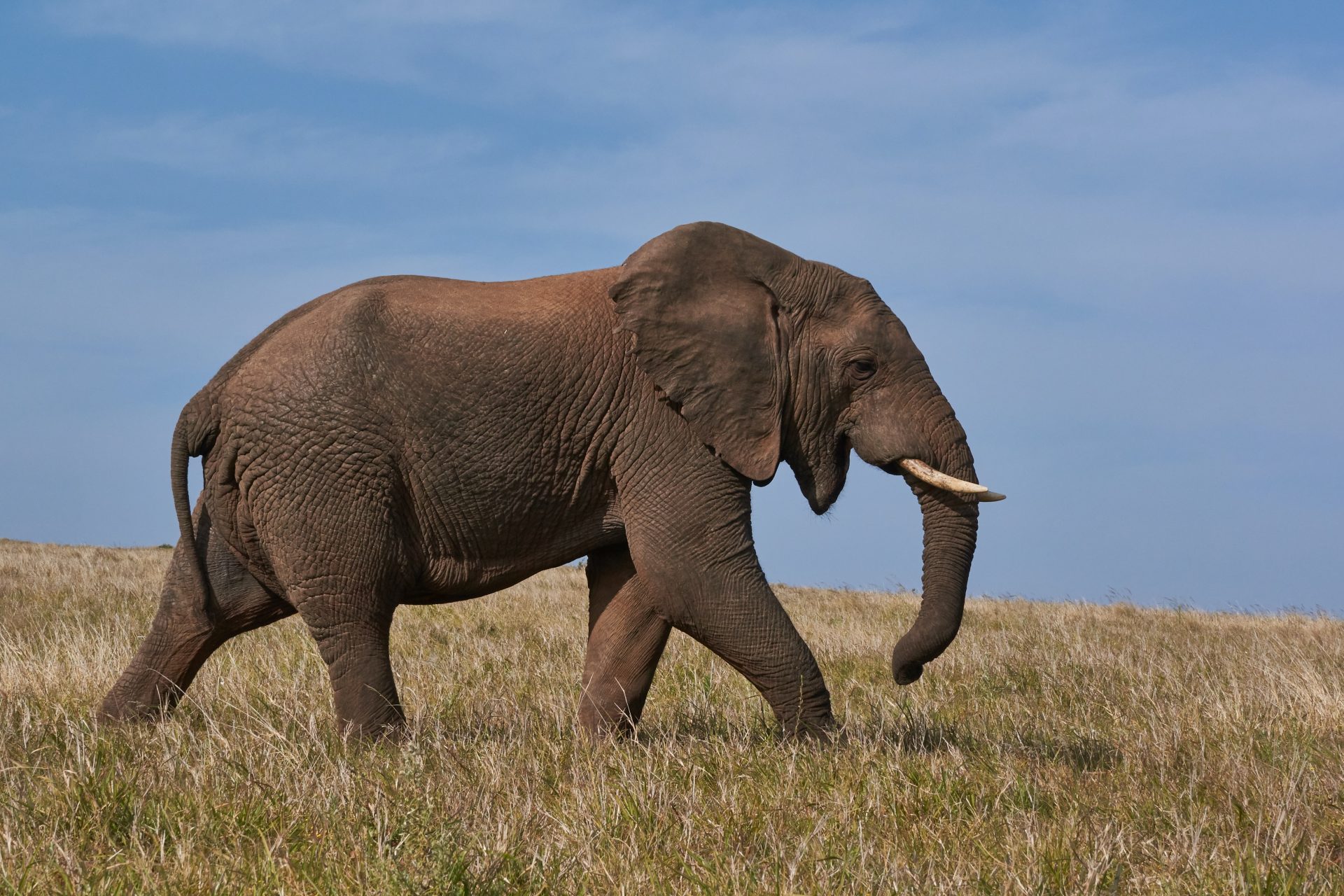Did you know elephants might give each other names?
Elephants might be the only other species on the planet to join humans in giving each other distinct and individual names according to research that was published in November 2023. Let's take a look at what researchers discovered.
In a preprint version of a research paper that has yet to be peer-reviewed but was made available to the public in November 2023, researchers claimed that elephants in Kenya’s greater Samburu ecosystem and Amboseli National Park were using specific vocalizations when calling out to other individuals in their herds.
The science can be a bit difficult to understand but the researchers presented evidence that revealed the elephants they were studying addressed each other using specific sounds, and it was these sounds that could be unique names.
The paper is available through the journal Biology’s preprint server BioRxiv according to LiveScience and it provided a full breakdown of the evidence the researchers gathered in order to make their stunning claims.
For example, one of the primary reasons researchers believed the sounds they recorded were something akin to an individual's name was because these sounds were not being mimicked by the receiver, which the researchers noted was an important sign that they discovered something unique.
The previously mentioned finding about the receiver not mimicking the sounds vocalized at them might take a little explanation to understand. Salon’s Rae Hodge reported in her review of the research that animals like dolphins and parrots have shown the ability to make name-like calls toward one another.
However, the sounds that were made by the elephants in Kenya had a unique element to them that is not present in similar name-like sound vocalizations found among the world’s other intelligent animal species.
Dolphins and parrots mimic each other's calls back to each other. But this was not what the elephants in Kenya were doing. The elephants weren’t mimicking each other’s calls but rather making their own unique noises.
The elephants appeared to be calling individuals in their herds by unique names, names that the elephants did not appear to choose themselves, and ones that were distinct from the vocal noises of the elephant names.
“Labeling objects or individuals without relying on imitation of the sounds made by that object or individual is key to the expressive power of language,” the researchers wrote before explaining the significance of the find.
“Thus, if non-imitative name analogs were found in other species, this could have important implications for our understanding of language evolution,” the researchers added. But what does an elephant's name sound like?
Obviously, if elephants have names they sound nothing like the names of humans, and it might not surprise you to learn that an elephant's name sounds a lot like a low and complex rumble according to LiveScience's review of the research.
“Contact rumbles… are long-distance calls produced when the caller is visually separated from one or more social affiliates and attempting to reinitiate contact. and greeting rumbles… are close-distance calls produced when one individual approaches another after a period of separation,” the researchers explained.
The study recorded 527 elephant calls from the greater Samburu ecosystem in northern Kenya and 98 calls from Amboseli National Park, in southern Kenya. Researchers were able to isolate 119 individual calls from the data they collected.
The key to the analysis came when the researchers identified female elephants and their offspring and Rae Hodge from Salon explained that the study's authors found that when females and their offspring were separated from the herd, specific vocalizations were made that led to the identification of unique rumbles.
Hodge also noted the most remarkable aspect of the new research was that at least 17 elephants seemed to recognize their own name when the study’s lead author Michael Pardo of Colorado State University played them back to the elephants.
“We predicted that they would act more quickly and call more in response to calls that were originally addressed to them,” Pardo said during a presentation of the research at the Simons Institute. “And that’s exactly what we found.”
Screenshot from YouTube @SimonsInstituteTOC
“I think it would also be fascinating to know,” Pardo said. “If we can identify these names and isolate them, to know if elephants are using names to talk about other individuals in their absence,” before adding it would also be interesting if elephants named places.
Unfortunately, the research still needed to be vetted, as of April 8th, 2024 it still had not appeared in a peer-reviewed journal. But the research was still promising nonetheless. Harvard University Medical School elephant biologist Caitlin O'Connell-Rodwell was not involved in the study but explained the importance of the findings to Live Science.
"It just highlights the complexity of what's going on," O'Connell-Rodwell said. "The real value of this paper is that it shows how elephants are navigating through a large landscape and can still keep in touch with specific individuals,” she continued.
"It allows them to spread out much further and still have very close tabs on individuals, not just the group. It's not just like, I'm sending out a ping. Somebody else is sending out a ping. It's much more sophisticated than that,” O'Connell-Rodwell added.
More for you
Top Stories



